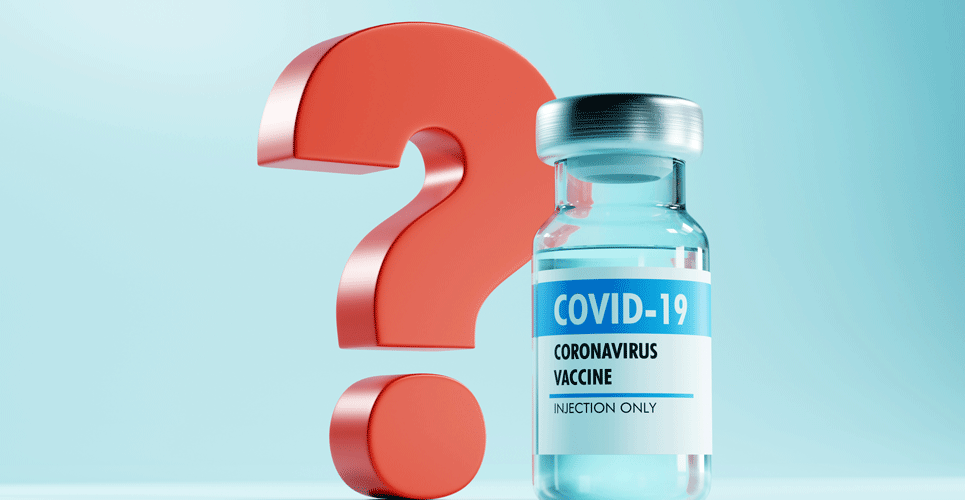Vaccine confidence appears to be declining since the start of the COVID-19 pandemic according to the finding of a repeated patient survey
Vaccine confidence is now lower than pre-pandemic levels according to the findings of a recent, repeated public survey by researchers from the School of Biological Sciences, University of Portsmouth, UK.
The World Health Organisation describes immunisation as a global health and development success story. In 2020, the development of a vaccine against COVID-19 occurred very rapidly yet previously, the fastest vaccine development from viral sampling to approval had been four years, for mumps in the 1960s. Patient’s reluctance to receive vaccination, i.e., vaccine hesitancy is influenced by several factors, with a 2021 narrative review finding that COVID-19 vaccine acceptance ranged from 77.6% in the general population to 86.1% among students. A further factor affecting vaccine hesitancy is what might be termed ‘vaccine confidence’ and which has been largely driven by the rapidity of vaccine development and subsequent uncertainties over safety.
In November/December 2019 when the first cases of infection were being reported in China, the UK researchers undertook a patient survey and this was repeated in January/February 2022. In light of the pandemic, the most recent iteration of the survey was modified to include two questions: one on the number of vaccines individuals had received and the second, enquiring about an individual’s confidence in vaccines (whether it had increased/stayed the same/decreased) since the pandemic. For the survey, the researched calculated a vaccine confidence score (VCS) which was compared between the two surveys.
Vaccine confidence score change over time
The original 2019 survey included 739 participants (19.6% male) and of whom, 45.5% were aged 18 – 24 and only 4.2% aged 60 years and over. For the 2022 survey, a total of 270 respondents (27.8% male) were included but this time, the majority (68.8%) were in the 18 to 24 age range and only 3.4% were aged 60 years and older.
The median VCS in 2019 was 22 and significantly reduced to 20 in the follow-up survey (p = 0.001) with lower values seen across all age groups, between the sexes and based on graduate status.
In contrast however, the 2022 survey observed a significant association between the number of COVID-19 vaccines received and vaccine confidence score, which became higher as the number of doses received increased.
Finally, in the 2022 survey, 23.8% of respondents stated that their confidence in vaccines had decreased compared to 21.6% who stated that confidence had increased, whereas it remained unchanged at 54.6%.
The authors concluded that despite the success of the COVID-19 vaccination program, vaccine confidence had significantly declined since the onset of the pandemic.
Citation
Siani A et al. Is vaccine confidence an unexpected victim of the COVID-19 pandemic? Vaccine 2022

